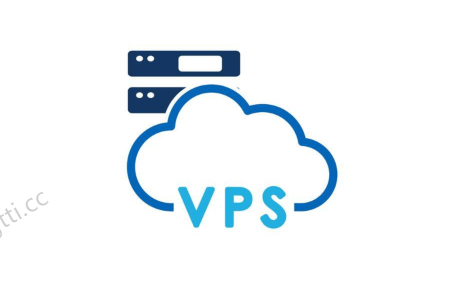Both dial-up VPS and proxy IP can be used to hide the user's real IP address and protect the user's privacy and security, but there are some differences between them.
1. The working principle is different
Dial-up VPS is a virtual private server. Users need to establish a connection with the server through dial-up, and all data transmissions are carried out through this connection. When a user accesses network resources, the data is first transmitted to the VPS server, and then sent to the target website by the server. The IP address seen by the target website is the IP address of the VPS server.
Proxy IP is a kind of server. Users can access the target website through the proxy server. The proxy server will send the request to the target website instead of the user and return the response result to the user. The IP address that the target website sees is the IP address of the proxy server.
2. Different ways of operation and use
The dial-up VPS is connected through the cloud server, and has no relationship with the local equipment and network environment, and belongs to an independent operating equipment system.
Proxy ip is usually connected and used through the local network environment and equipment to change its local ip address.

3. Different usage scenarios
Dial-up VPS is usually used for users who need to access foreign resources stably for a long time, such as people who need to surf the Internet scientifically, and some business scenarios that need to use stable IP addresses.
Proxy IP is more suitable for users who need to change IP addresses frequently, such as e-commerce optimization, crawling data, batch operations and other scenarios that require repeated IP changes.
4. Different security
Dial-up VPS is relatively safe, because the user connects to an independent server and does not share resources with other users. At the same time, users can perform data encryption and decryption through the VPS server to protect data security.
The proxy IP is relatively insecure, because the proxy server will be shared by multiple users, and some unpredictable security issues may arise. At the same time, the proxy server may also record sensitive information such as user access logs, which poses certain privacy risks.
Generally speaking, dial-up VPS and proxy IP have their own advantages and disadvantages and usage scenarios, and users need to choose according to their actual needs.

 EN
EN
 CN
CN








